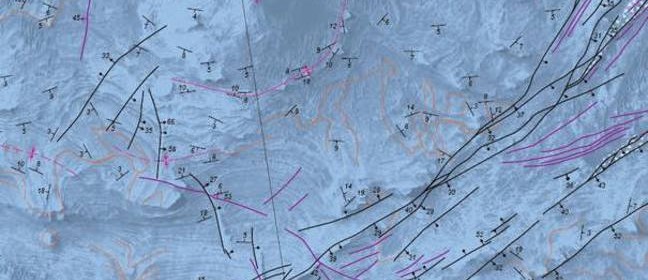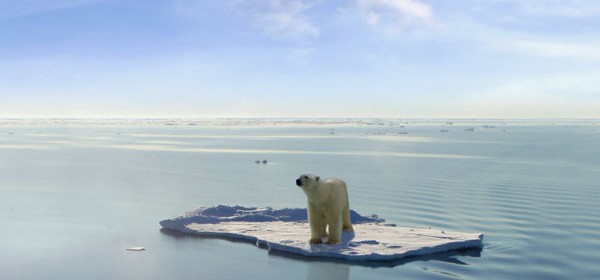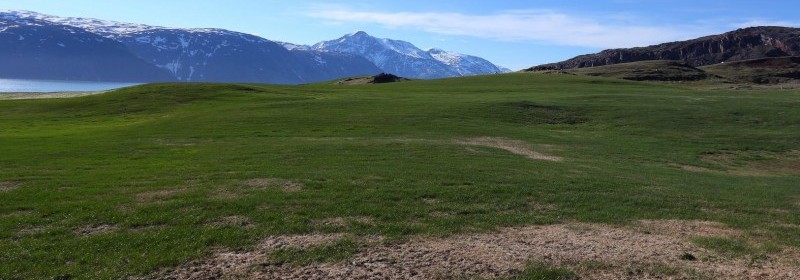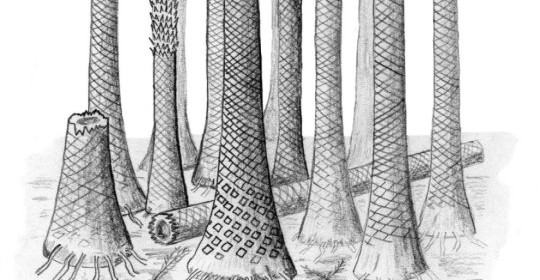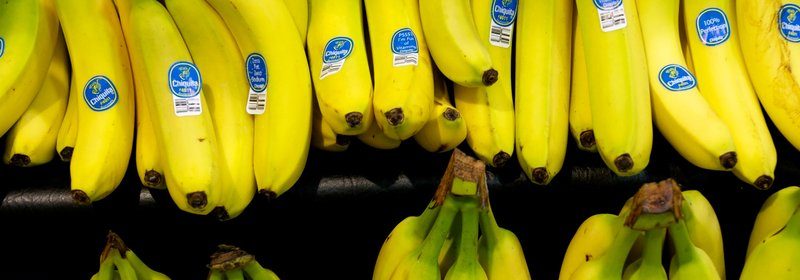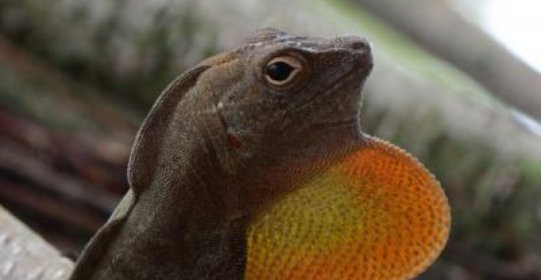Climate change slows onset of next ice age
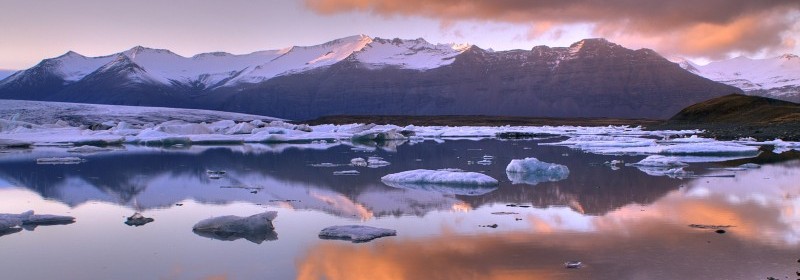
The planet’s inexorable warming means there will be no new ice age for at least the next 100,000 years, scientists say. Human beings have not just started to leave a unique geological stratum that will announce their existence long after the species has been extinguished. They may have altered a climate cycle that has been stable for millions of years and even […]
Read more


